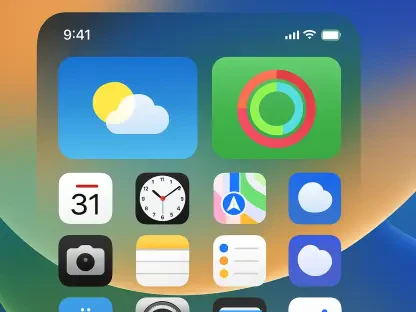Apple’s practice of halting signatures on older iOS versions after releasing new updates has been a subject of debate. This policy affects user choice and security in various ways as Apple has recently stopped signing iOS 17.3.1 following the release of iOS 17.4.On one hand, the policy promotes security by ensuring users have the most up-to-date protections against threats. On the other hand, it limits user autonomy by preventing a rollback to older iOS versions, potentially causing frustration for those who prefer previous iterations of the operating system or face issues with the new version.
Apple’s Software Version Control: Ensuring Security or Limiting Freedom?
Apple’s strategy to stop supporting past iOS versions after a new release is based on a goal to encourage user updates, enhancing security and feature sets. This uniform approach benefits collective security efforts but poses dilemmas for users who prefer former versions’ performance or experience issues with updates.While Apple’s approach aims to secure the digital environment, some users question whether it impinges on their rights, debating the importance of personal choice versus mandated updates.
User Reactions to iOS Update Policies
The reaction to Apple’s update policies is mixed among users. While some applaud the focus on security, others lament their reduced control over device updates. User feedback reveals dilemmas about functionality differences with new updates and impacts on personal preferences and workflows.Compatibility issues that necessitate updates across other Apple devices, like Apple Watches, also highlight complexities within Apple’s update strategy. The interconnectivity within the Apple ecosystem sometimes forces users into a cycle of updates they may not be fully ready to embrace.
The Dual Purpose of Apple’s Update Strategy
Apple’s enforcement of new iOS versions primarily fosters security by patching vulnerabilities susceptible to cyberattacks, thus contributing to privacy and enhanced user experience through new features. Conversely, this policy has raised concerns about user autonomy and the relegation of personal software preference choices due to structured obsolescence.The debate brings forward issues of consumer rights and the role of technological advancement in the potential exclusion of personal choice from the standardized, company-driven user experience.
The Future of iOS Updates and Apple’s Ecosystem
As Apple continues to innovate with releases like the iPhone 16 Pro and new iPad Pro models, the iOS updates are expected to follow suit with enhanced features and security measures. Future iOS versions will evolve the user experience in the Apple ecosystem reflecting the company’s influence on product lifecycles.While technological and security evolutions are necessary, the strict enforcement of updates can conflict with user autonomy. The handling of these concerns and the balance between innovation and user empowerment will be a focal point for Apple moving forward.
Financial Implications of Software Lifecycles
The economic impact of Apple’s software update policy is evident in the depreciation of products such as the iPhone SE (3rd generation). New updates can affect the performance of older models, indirectly impacting their resale value and thus the financial considerations for both long-term users and those upgrading to new models regularly.In summary, the lifecycle of Apple’s software updates has considerable economic ramifications, highlighting the intersection of technology, personal choice, and financial consideration. As technology advances, users must weigh the immediate benefits against long-term economic effects.









